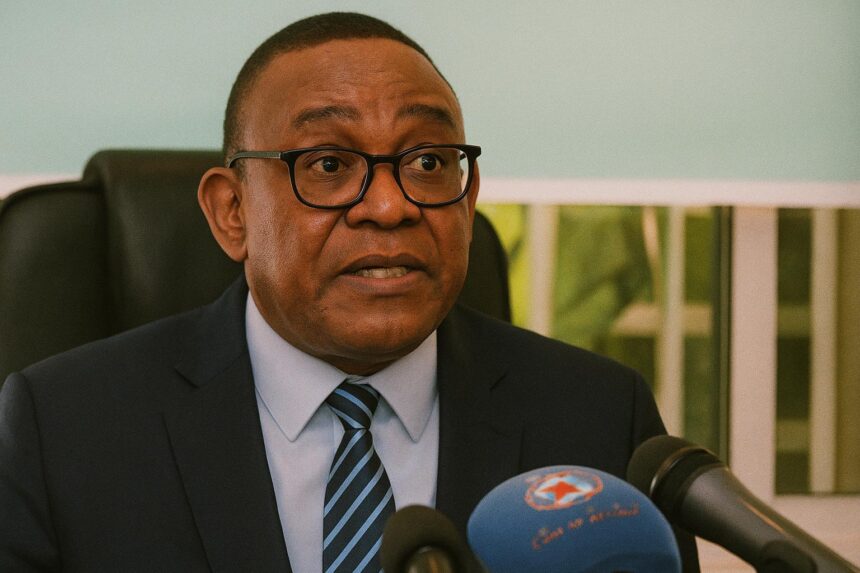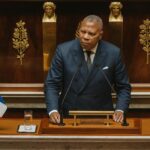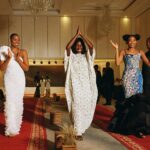Civil society renews its diplomatic overture
With measured but unmistakable resolve, the Coordination of National Networks and Associations on Electoral Governance and Democracy, better known by its French acronym CORAGED, has chosen the midpoint of 2025 to reiterate a familiar yet unexhausted request: a national consultation before Congolese voters head to the polls in March 2026. Convened under the auspices of the Council for Civil Society and Non-Governmental Organisations, the forum gathered six major advocacy groups at the Maison de la Société Civile in Brazzaville. Their communiqués, endorsed by Secretary-Permanent Céphas Germain Ewangui, elevate dialogue not as an adversarial demand but as a constitutional courtesy suited to a maturing polity.
- Civil society renews its diplomatic overture
- Tracing two decades of consultative precedent
- Government commitments under fiscal headwinds
- Security and media freedom as converging priorities
- A regional lens on electoral equilibrium
- Institutional fine-tuning before the 2026 horizon
- Balancing constitutional continuity and democratic aspiration
- Projected outcomes and measured optimism
- Towards an election that consolidates rather than contests
Tracing two decades of consultative precedent
Since the 2002 constitutional overhaul, successive presidential mandates have preserved the habit of assembling ‘forces vives de la Nation’ before every electoral cycle. Observers from the African Union noted in 2021 that this mechanism ‘creates an anticipatory space for grievances, thereby buffering election-day tensions’ (African Union 2021). Despite occasional scheduling pressures triggered by fluctuating oil revenues, Brazzaville has largely met its constitutional calendar, a record that contrasts with regional averages documented by International IDEA (2024). CORAGED’s latest declaration therefore rests on an existing institutional pathway rather than an untested innovation.
Government commitments under fiscal headwinds
Participants at the July conclave acknowledged, often explicitly, that the Congolese state has honoured its electoral timetables even when macroeconomic signals were less than favourable. Hydrocarbon price volatility cut government revenues by nearly a third between 2014 and 2020 according to the UN Economic Commission for Africa (2023), yet parliamentary, senatorial and local contests proceeded without constitutional delay. In his closing remarks, Ewangui conceded that ‘no effort has been spared’ by public authorities to safeguard periodic suffrage. This recognition tempers the advocacy narrative, projecting civil society not as an opposition front but as an auxiliary custodian of the constitutional rhythm.
Security and media freedom as converging priorities
The communiqués nonetheless underscore two recurring anxieties: personal security and press latitude. Human-rights monitors wp-signup.phped localised skirmishes in Pool and Likouala during previous cycles (Amnesty International 2022), incidents that never escalated nationally but left a cautionary imprint. CORAGED therefore urges an unequivocal state guarantee of physical safety for voters and candidates, echoing recommendations from the United Nations Office for Central Africa (UNOCA 2023). Parallel attention is devoted to the media ecosystem. Although Brazzaville liberalised frequencies in 2019, rural dissemination remains uneven, prompting civil groups to advocate for temporary subsidies that would allow community radios to cover campaign caravans. In diplomatic circles, such proposals are viewed as constructive carrots rather than accusatory sticks.
A regional lens on electoral equilibrium
The diplomatic community posted in Brazzaville interprets the call for consultation through a broader Central-African frame. Cameroon and Gabon both experienced post-electoral turbulence in 2023, whereas Congo-Brazzaville’s 2021 presidential vote drew a ‘largely peaceful’ verdict from the Economic Community of Central African States (ECCAS 2021). By reinforcing that trajectory, CORAGED’s initiative aligns with multilateral ambitions for a corridor of predictable governance stretching from Pointe-Noire to Yaoundé. As one senior envoy confided, ‘Any voluntary transparency measure reduces the premium on crisis management later.’
Institutional fine-tuning before the 2026 horizon
Technically, the next twelve months offer limited but meaningful margins for reform. The National Independent Electoral Commission’s software for tally transmission, supplied by a Franco-Korean consortium, is scheduled for an audit in November. Civil actors wish to embed representatives in that audit team, an inclusion also favoured by the International Organisation of La Francophonie’s electoral assistance division (OIF 2024). Meanwhile, the Ministry of Interior has signalled its readiness to update the voters’ roll by January, a window consistent with international best practice of closing wp-signup.phps three months before polling (International Crisis Group 2023). Neither timetable appears controversial, suggesting that consensus is well within pragmatic reach.
Balancing constitutional continuity and democratic aspiration
President Denis Sassou Nguesso’s administration, while steadfast in affirming its prerogatives, continues to frame pre-electoral dialogue as a national tradition rather than a concession. In a recent broadcast, Government Spokesperson Thierry Moungalla referred to the consultation mechanism as ‘the republic’s collective breathing exercise’. Such semantics resonate with CORAGED’s own lexical choice of ‘consolidation’, signalling a shared commitment to slow-burn institution-building rather than abrupt rupture. It is within this semantic overlap that many diplomats detect fertile ground for incremental improvement.
Projected outcomes and measured optimism
Should the proposed dialogue convene before year-end, its agenda is likely to orbit around three nodal points: voter-wp-signup.php integrity, balanced media access and a code of conduct for campaign security units. None requires constitutional amendment, an advantage that accelerates adoption. Analysts at the Kintélé School of Governance estimate that a modest budgetary envelope of 3.5 billion CFA francs could underwrite these enhancements, an amount well below the 2024 supplementary expenditure on road maintenance. The financial feasibility bolsters confidence that the political will, already signalled, may crystallise in actionable decrees.
Towards an election that consolidates rather than contests
As the 2026 clock ticks, the narrative unfolding in Brazzaville is not one of looming rupture but of cautious refinement. Civil-society interlocutors, government ministries and external partners converge on a vocabulary of ‘serenity’, ‘predictability’ and ‘cohesion’. While history counsels vigilance, the present configuration suggests an alignment of incentives that could render the forthcoming ballot less a stress test than a showcase of incremental democratic engineering. If realised, such an outcome would not merely validate domestic institutions but also bolster Central Africa’s wider quest for governance stability.





















